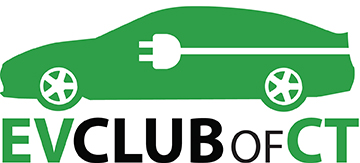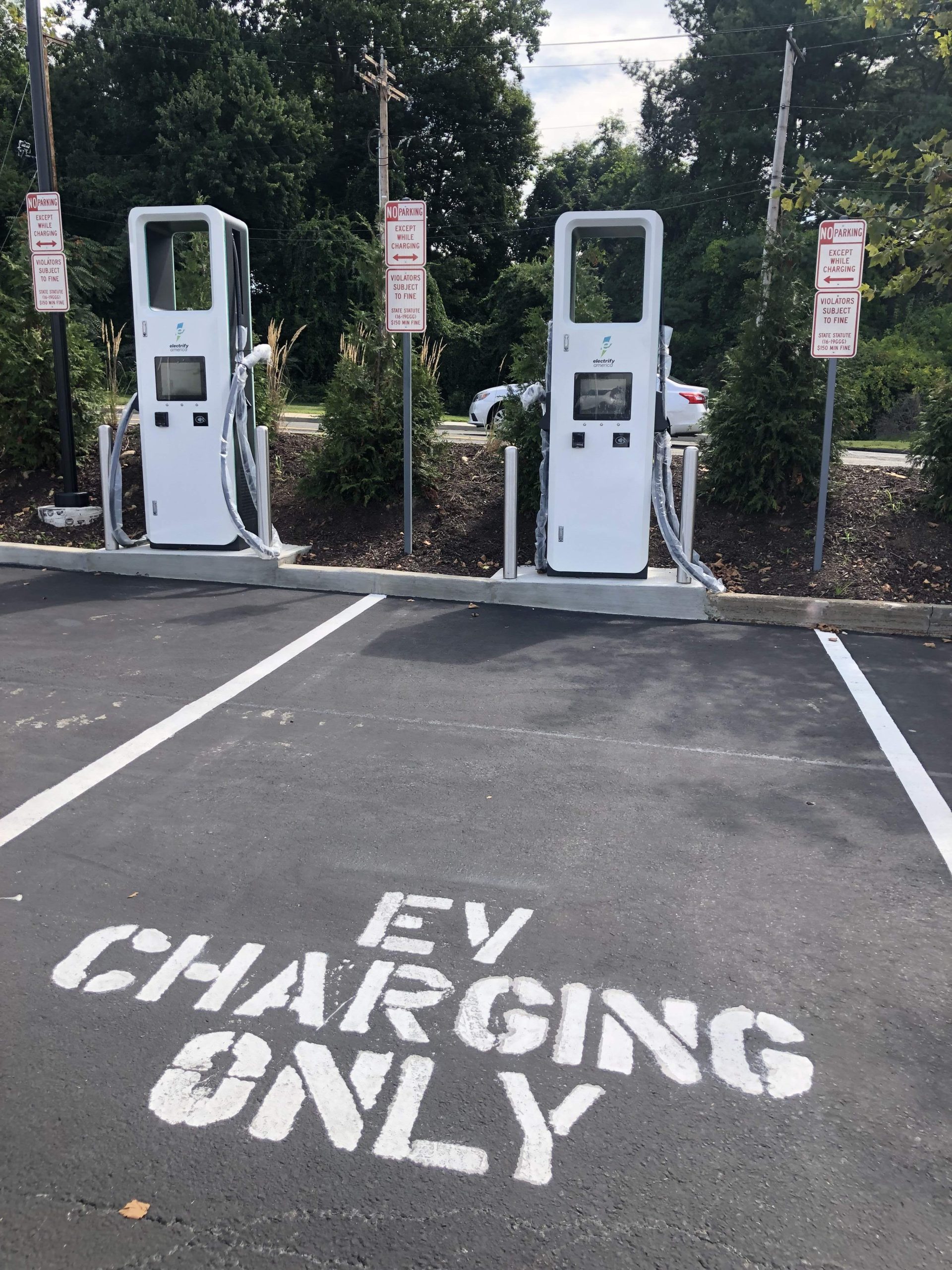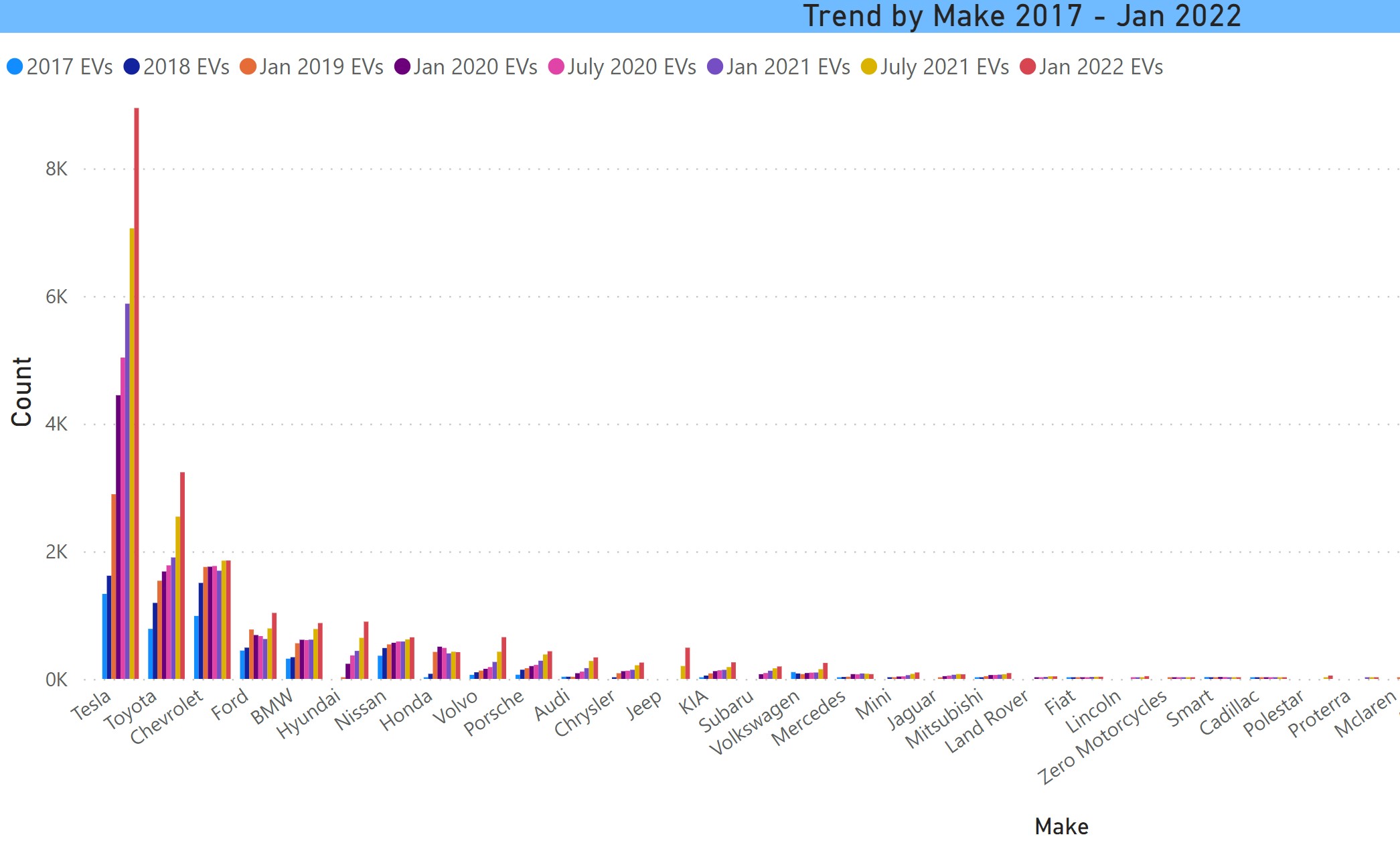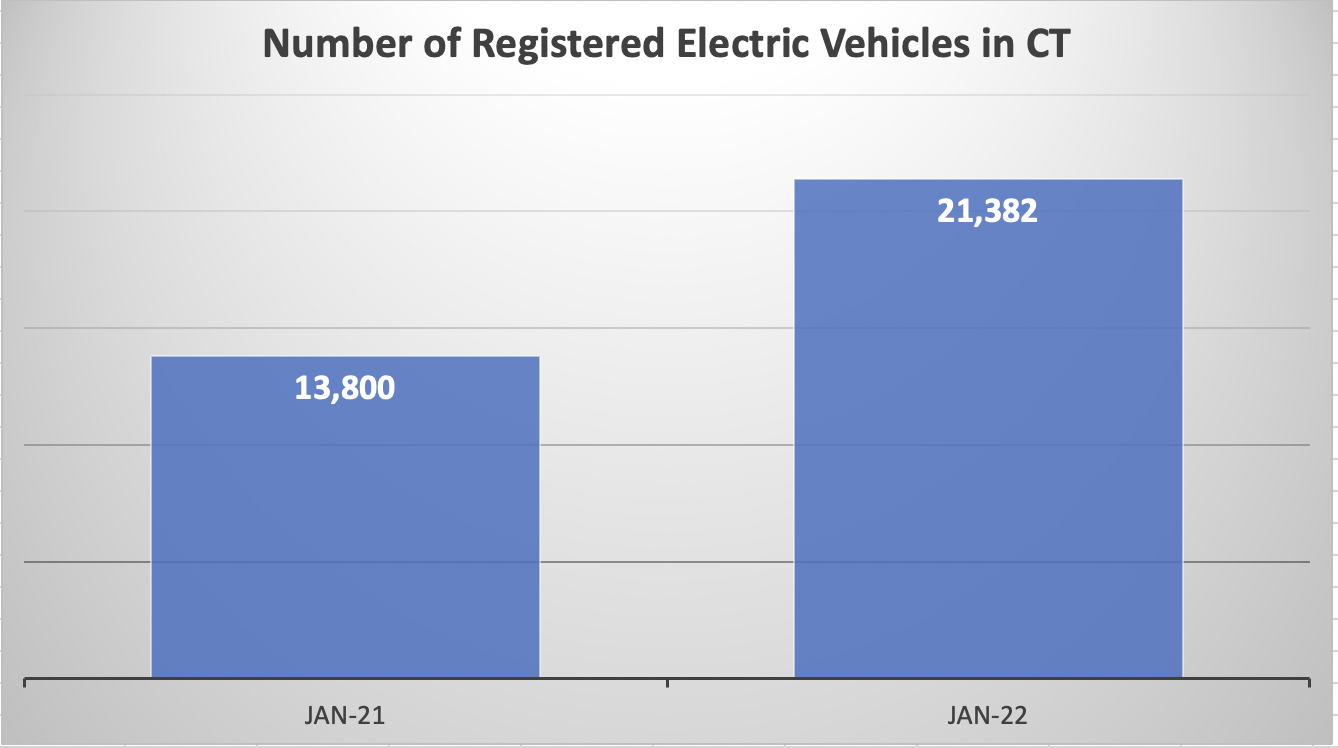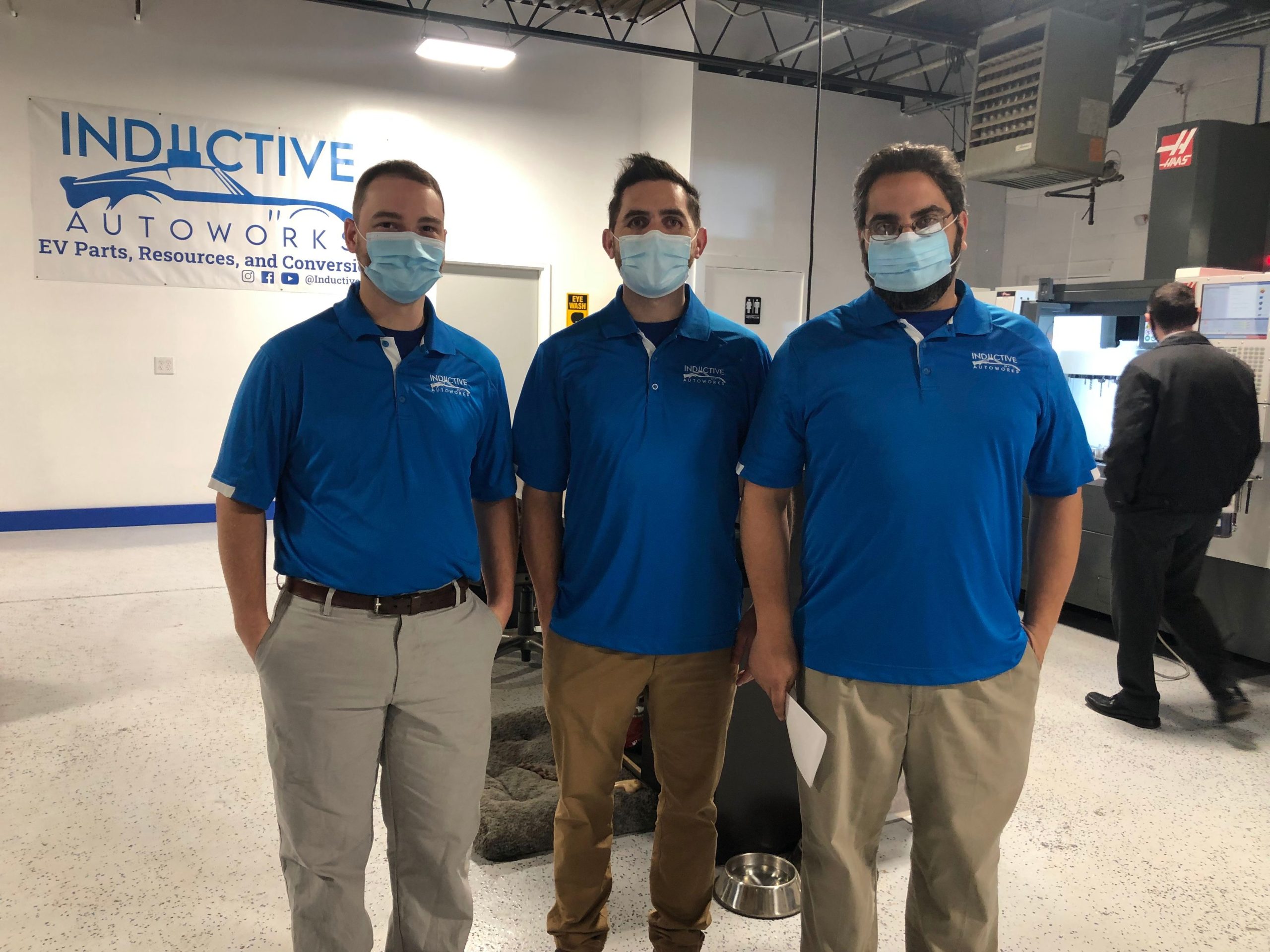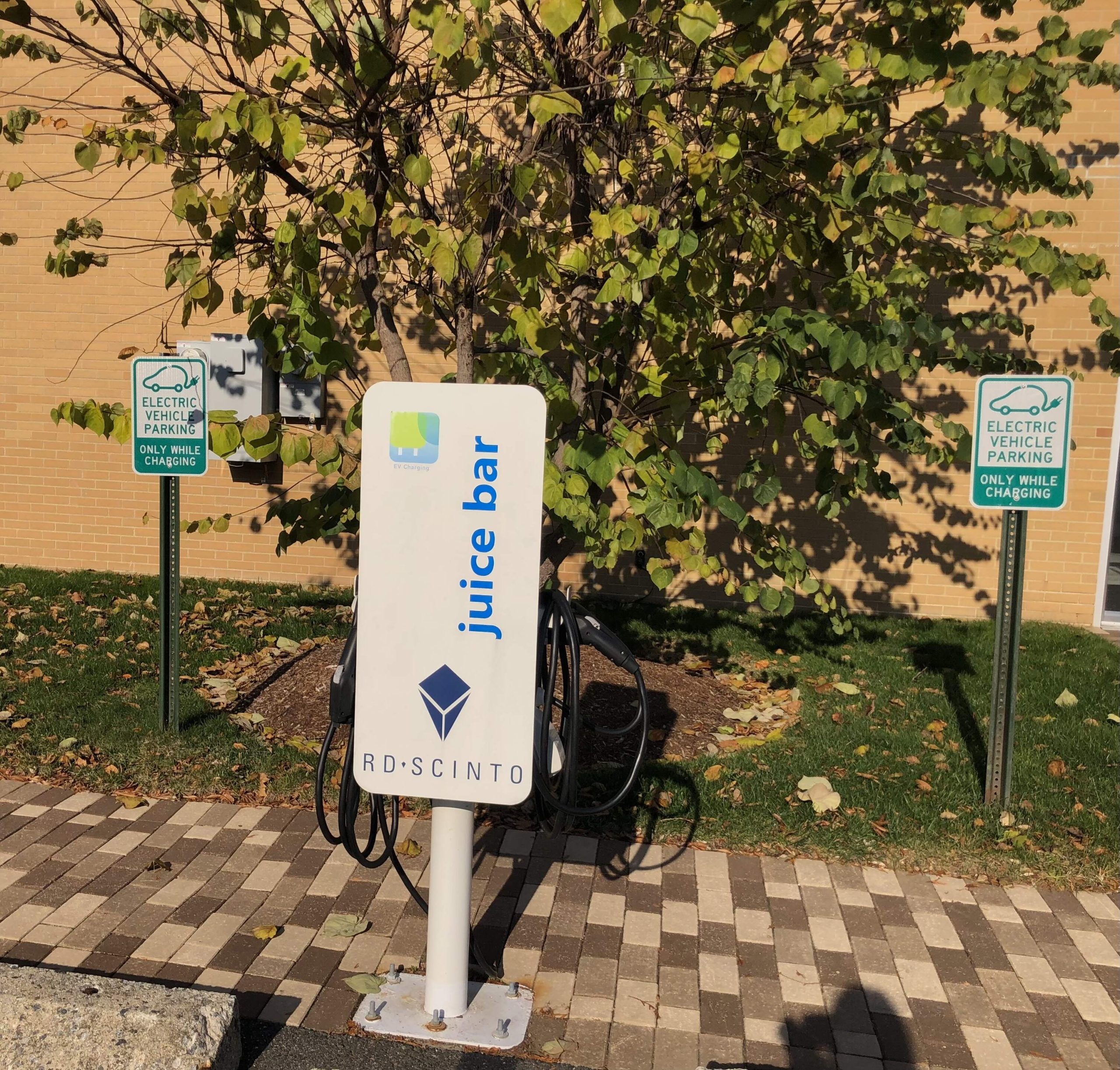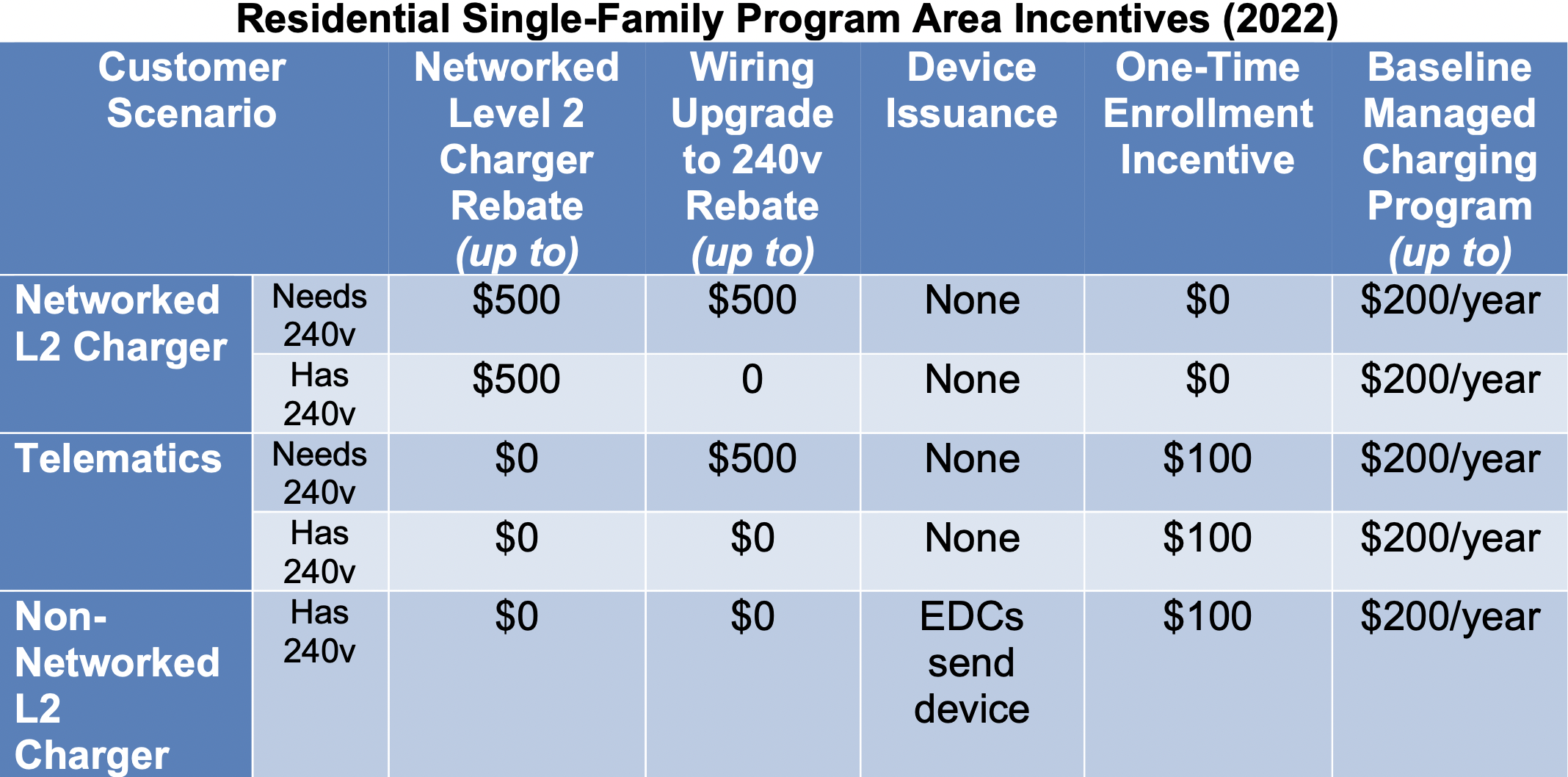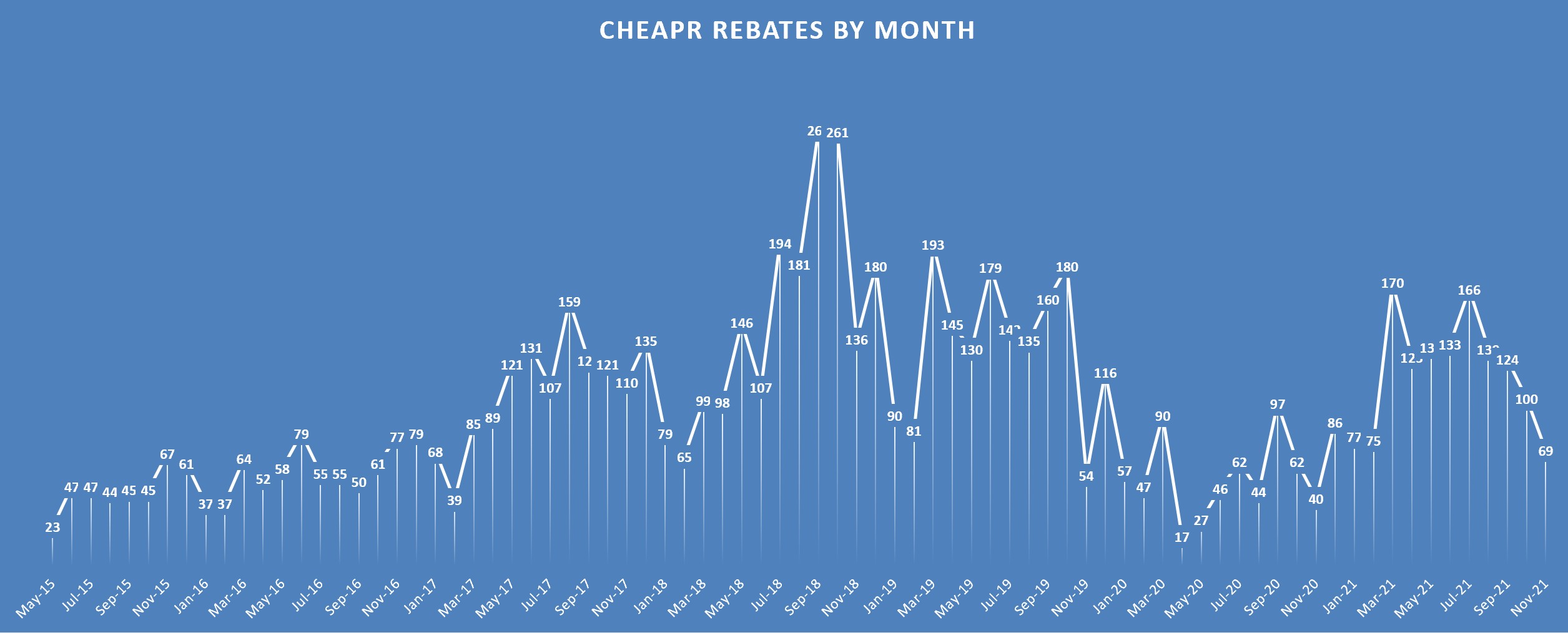Recap of EV Charging Incentive Meeting
EV Charging Incentives Public Utilities Regulatory Authority (PURA) and United Illuminating presented virtually on Jan. 25th. The program took effect on Jan 1, 2022. It includes residential, commercial, workplace, and fleet incentives. There are a … Read more
